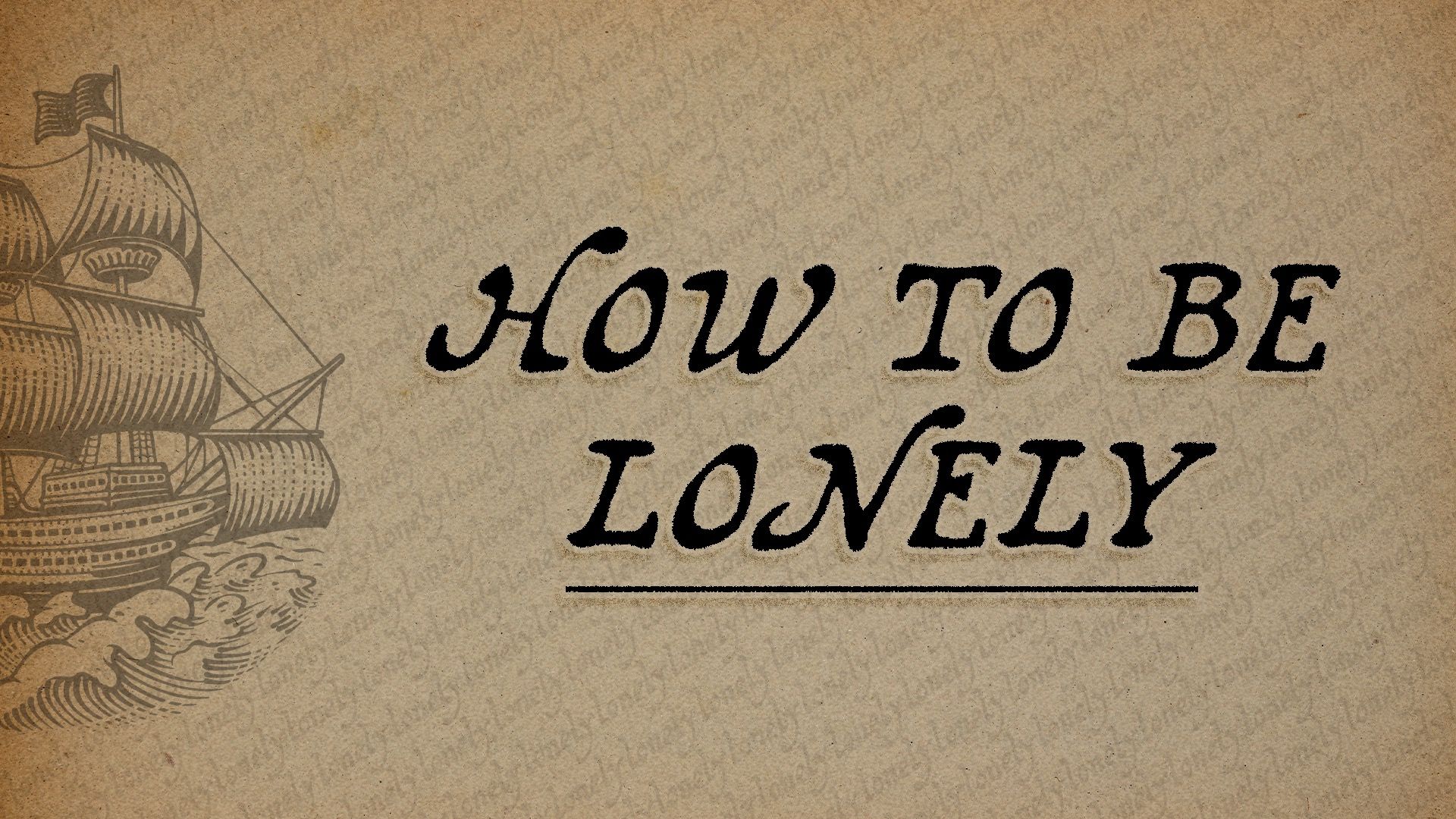Anxiety in Leadership
Apr 17, 2023
ADVENTURE
Ernest Shackleton is a hero. In 1914 he led a group of explorers on an expedition to the Arctic on a ship called the Endurance. But his ship became frozen in the ice and sunk leaving the band of explorers trapped on the worst camping trip of their lives. Through his heroism and leadership every member of his crew survived. How?
Shackleton and his crew were stranded on the ice floes for over 10 months. They eventually had to abandon the ship and set up a camp on the ice, which they named "Patience Camp." From there, they tried to make their way to land, dragging their lifeboats and supplies across the ice. After months of grueling travel, they reached Elephant Island, a remote and uninhabited island in the South Shetland Islands.
From there, Shackleton led a small party of men on a daring 800-mile journey across the treacherous Southern Ocean to South Georgia Island, where they knew they could get help. The journey was incredibly dangerous, as the small boat was battered by storms and high waves. But Shackleton's leadership and determination kept the crew going, and they eventually made it to South Georgia Island. Shackleton then organized a rescue mission to save the rest of his crew, who were still stranded on Elephant Island.
In the end, all members of Shackleton's crew survived, thanks to his leadership, bravery, and ingenuity. Shackleton's remarkable leadership, courage, and determination under extreme circumstances have made him a legendary figure in the annals of exploration and adventure.
This is not an article about him though. It is about you.
I expect that you lead in some fashion and that is why you are here on this blog reading this article. So it seems that if we can replicate Ernest Shackleton’s leadership style within our settings we can see the same kind of success. He recounts his leadership in a popular quote saying, “Loneliness is the penalty of leadership, but the man who has to make the decisions is assisted greatly if he feels that there is no uncertainty in the minds of those who follow him, and that his orders will be carried out confidently and in expectation of success.”
This worked for his extreme situation, but may I just suggest that you are not stranded in the Arctic in a life or death situation? So replicating his style of leadership might not be the most sustainable way to lead in the long term.
ANXIETY
If you are a leader, you most likely have an agenda that you have a vision for, a team built around, and a goal you’d like to reach. If you constantly lead like it's a life or death situation, it will lead to isolation, loneliness, and burn out. Your nervous system is not designed to handle the constant level of stress, your adrenal glands cannot produce enough adrenaline for that lifestyle, and your brain cannot keep up with the amount of endorphins you need to sustain it.
That style of leadership is unsustainable.
When we always have something to prove, someone to convince, and results to achieve you lead from a place of anxiety. When I talk about anxiety, I don’t speak of an emotion of worry, but the tensing up of the nervous system when we tell it there is a constant urge to rush into the next achievement, goal, or deadline. We live under constant threat. This is not an action, but a way of being, and it can point to how we are leading from anxiety about our inherent worth as a human. We all want to prove we are worth something and know that we are capable of handling things we will be proud of when we look back on them. That is natural.
But have you ever noticed that our sense of worth is a black hole never filled up by any form of achievement? And our happiness is always one step away? Those we lead are never good enough, because we are never good enough. Those we lead can never accomplish enough, because we can never accomplish enough. And you become a nightmare of a person to work for with a revolving door of people intrigued enough by your persona and vision coming in, and those exhausted and disgusted going out.
This is not leadership. It is high functioning anxiety.
And so, instead of living from a place of authenticity, we adopt personas, like Ernest Shackleton, and do our best impersonation of who we wish we were. That is a recipe for loneliness. It is a sign that the ego is shielding a great insecurity, and the fear of being found a fraud drives us to achieve more and more in an attempt to attain that one missing notch in our belt that will finally give us a sense of having arrived. And it never comes.
AUTHENTICITY
So, instead of replicating Ernest Shackleton's leadership style, let's strive to become the best version of ourselves and lead in our own unique way.
The key ingredient of authenticity is a strong sense of self-awareness. This means taking the time to reflect on your own thoughts, intentions, feelings, and actions, and to seek out feedback from others. As a leader, we can be honest about our own limitations and vulnerabilities. It's okay to admit that you don't have all the answers, and to seek out support and guidance from others.
Humility is another important quality for a leader to cultivate. This means being willing to learn from others, and to acknowledge and address your own mistakes and shortcomings. It also means being willing to share credit with others and to celebrate their successes.
Finally, it's important to recognize that leadership is not just about achieving goals and driving results. It's also about building relationships and creating a supportive and positive work environment. This means taking the time to connect with your team members on a personal level, and to create opportunities for them to grow and develop.
If we can disconnect our value from our performance, we just might be able to slow down enough to see that happiness and fulfillment are a byproduct of contentment, and contentment is a byproduct of gratitude. And gratitude can only be experienced by slowing down to see the gift that is here in this present moment.
Ernest Shackleton was probably not pretending to be someone else. He had a high capacity for leading and exploring as well as a high tolerance for discomfort. If you want to be the kind of leader that Ernest was, don’t just do what he did. Develop the kind of character he had, but hold it in the way that you are uniquely wired to hold it. Don’t do the courageous things he did; become courageous in your own skin. Lead from a place of genuine authenticity, a firm identity, and honest humility. You will see better results, a healthier soul, and hopefully no abuse in your leadership wake.
By Dr. Tom Rundel

